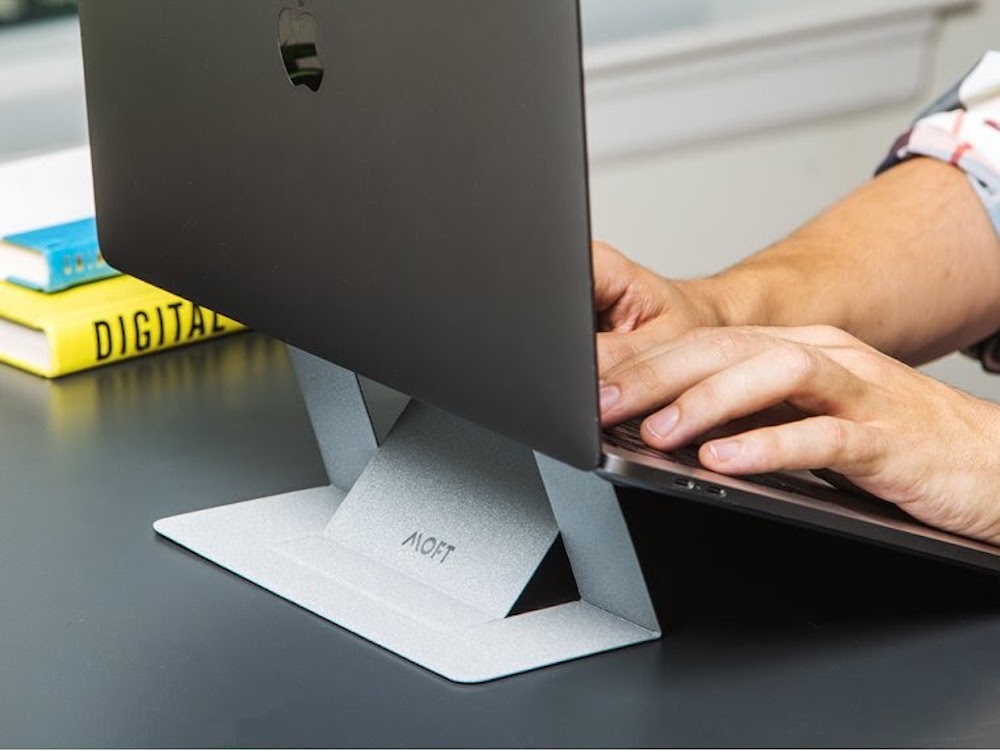The holidays are a great time to shop for a computer upgrade. Between Christmas sales and Boxing Day discounts, there are many tempting deals out there on otherwise expensive technology. If you’ve been in the market for a new laptop or computer, now’s the time to browse the sales for a good price.
With that said, no computer comes cheap. Regardless of the bargain, buying something like a new laptop will always cost you a significant chunk of savings. A shiny computer is valuable in and of itself. But what the computer contains, once you set it up, is invaluable.
The personal information on your computer, such as credit card numbers, private communications and browsing history, is important and should be protected.
Without reliable anti-malware software, you are at risk of your privacy being invaded, your computer being compromised and your information being stolen. If you’re buying a new computer this holiday season, be sure to protect yourself from online malware.
What Exactly is Online Malware?
The term malware, short for “malicious software,” is an umbrella term which refers to any kind of harmful program or code that attacks systems. Malware is destructive in its intent; the primary goal of online malware is to invade and corrupt the systems and networks of computers, tablets and even mobile phones.
The intent of malware is to make money. While it won’t damage your physical equipment, malware is able to steal or delete your data, take control of your computer’s functions, and/or spy on your online activity.
Some Common Forms of Malware to Know
• Spyware secretly watches your activity on the computer, without your knowledge of permission.
• A virus is a kind of well-known malware that “attaches” itself to a program, and spreads by replicating itself, infecting other programs on your computer.
• Ransomware locks you out of your own device, and/or encrypts your files, forcing you to pay a ransom to the hacker to retrieve or regain access. Cyber criminals love this weapon because it is both quick and profitable, but the transaction usually takes place with a difficult-to-trace cryptocurrency. While the code for ransomware is easy for cyber criminals to access, defending against it is very hard to do.
• A keylogger is a type of malware that documents the user’s actions on the keyboard. The information is gathered and sent to the attacker, who looks for sensitive information like passwords and credit card numbers.
• A Trojan, also known as a Trojan horse, is known as one of the most dangerous types of malware. Typically, it represents itself as something useful in order to fool you. After infecting your system, the attacker gains access to your computer. Trojan malware can be used to steal banking information or install further threats such as ransomware and viruses.
How Can I Protect Myself?
Luckily, preventing malware activity on your computer is totally doable. By simply installing anti-malware software from a reputable company onto your device, you can protect your information from theft and your computer system from attacks.









